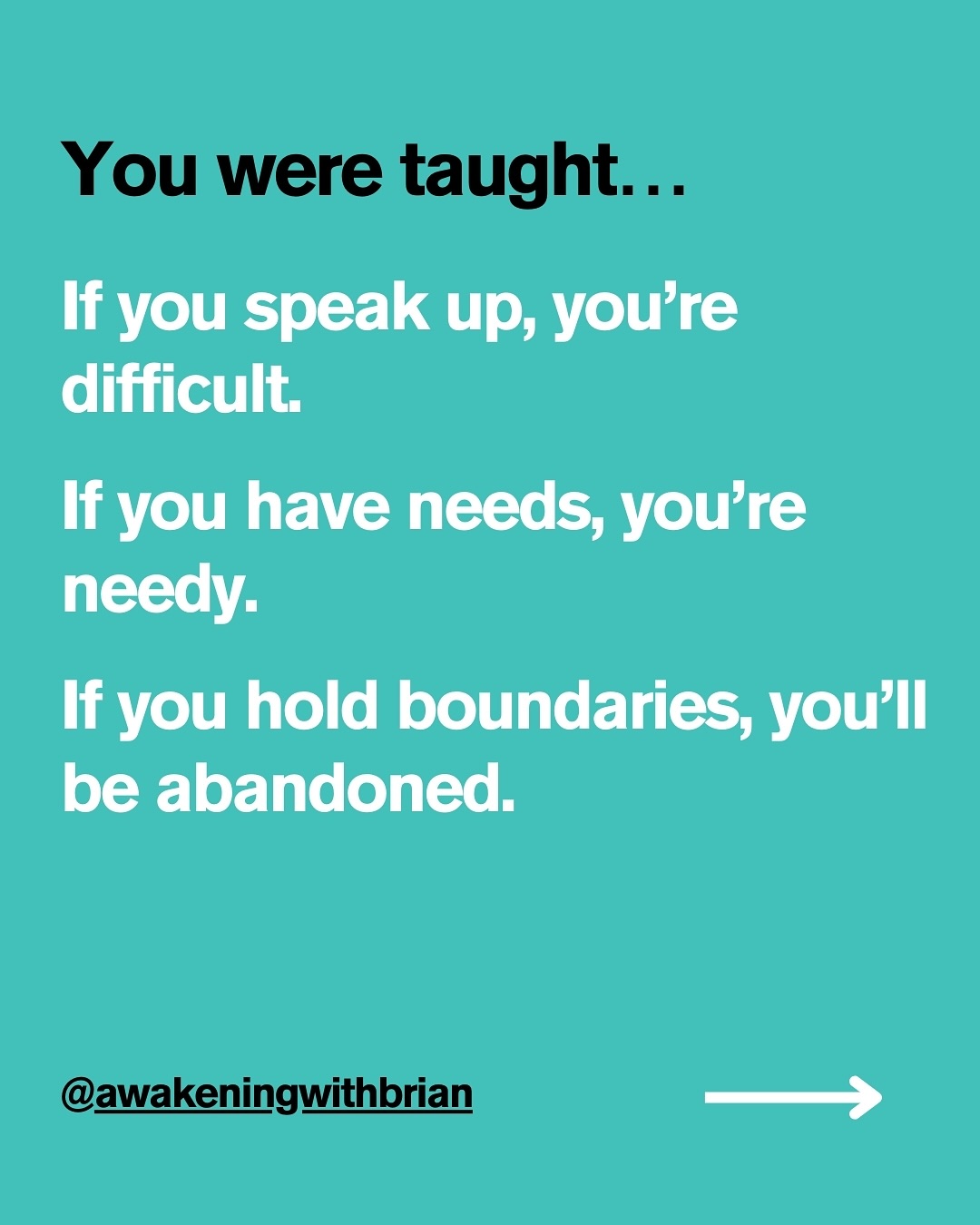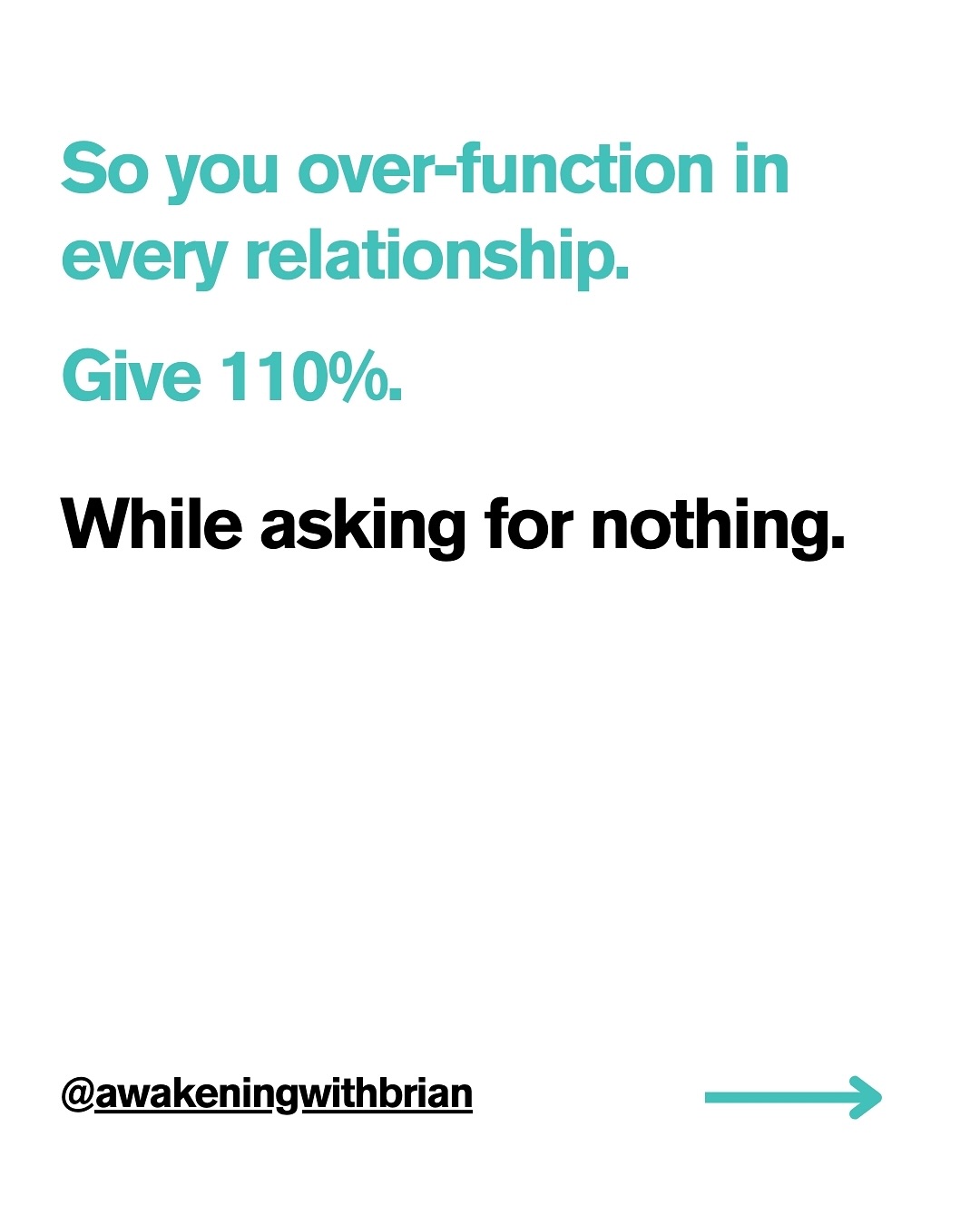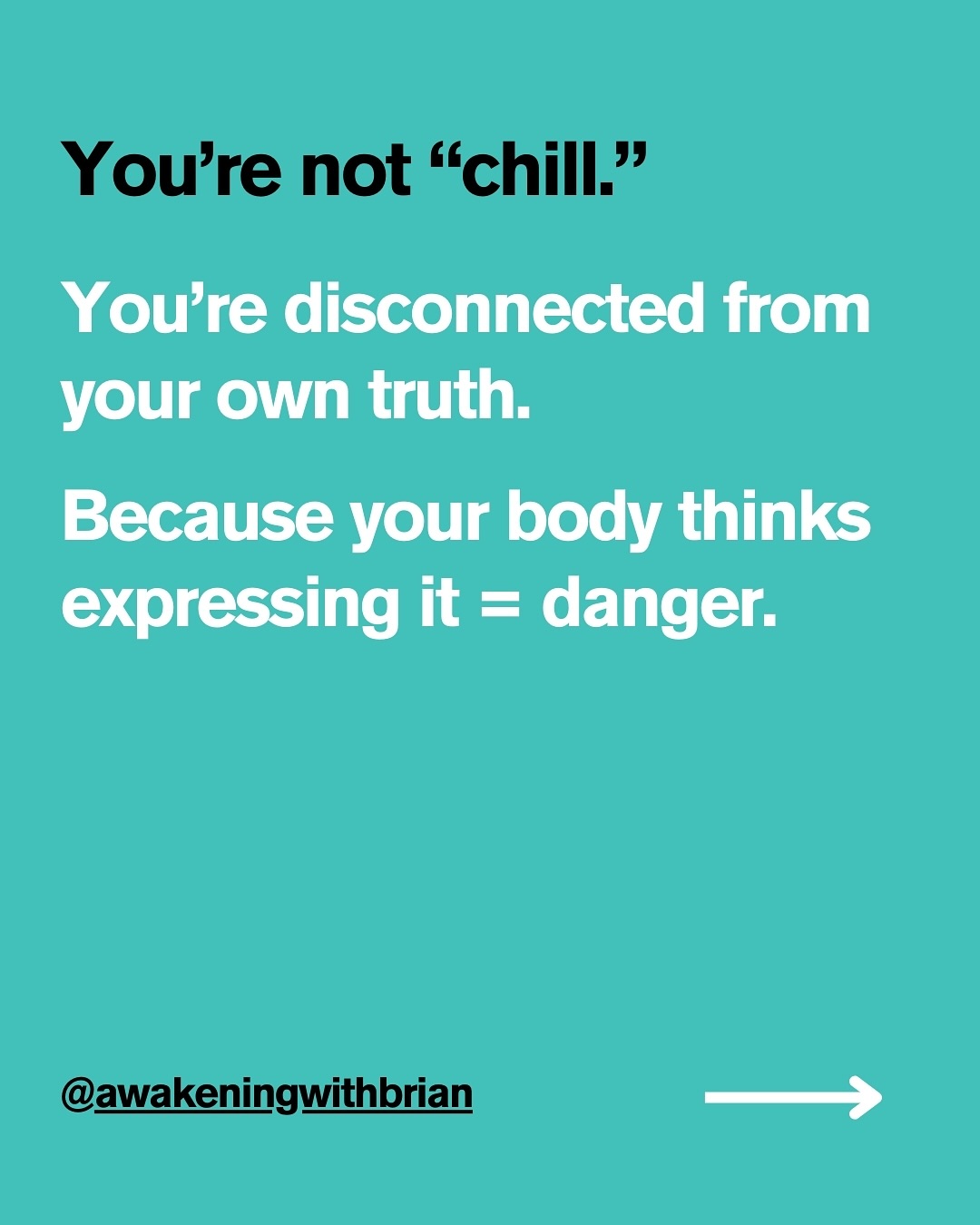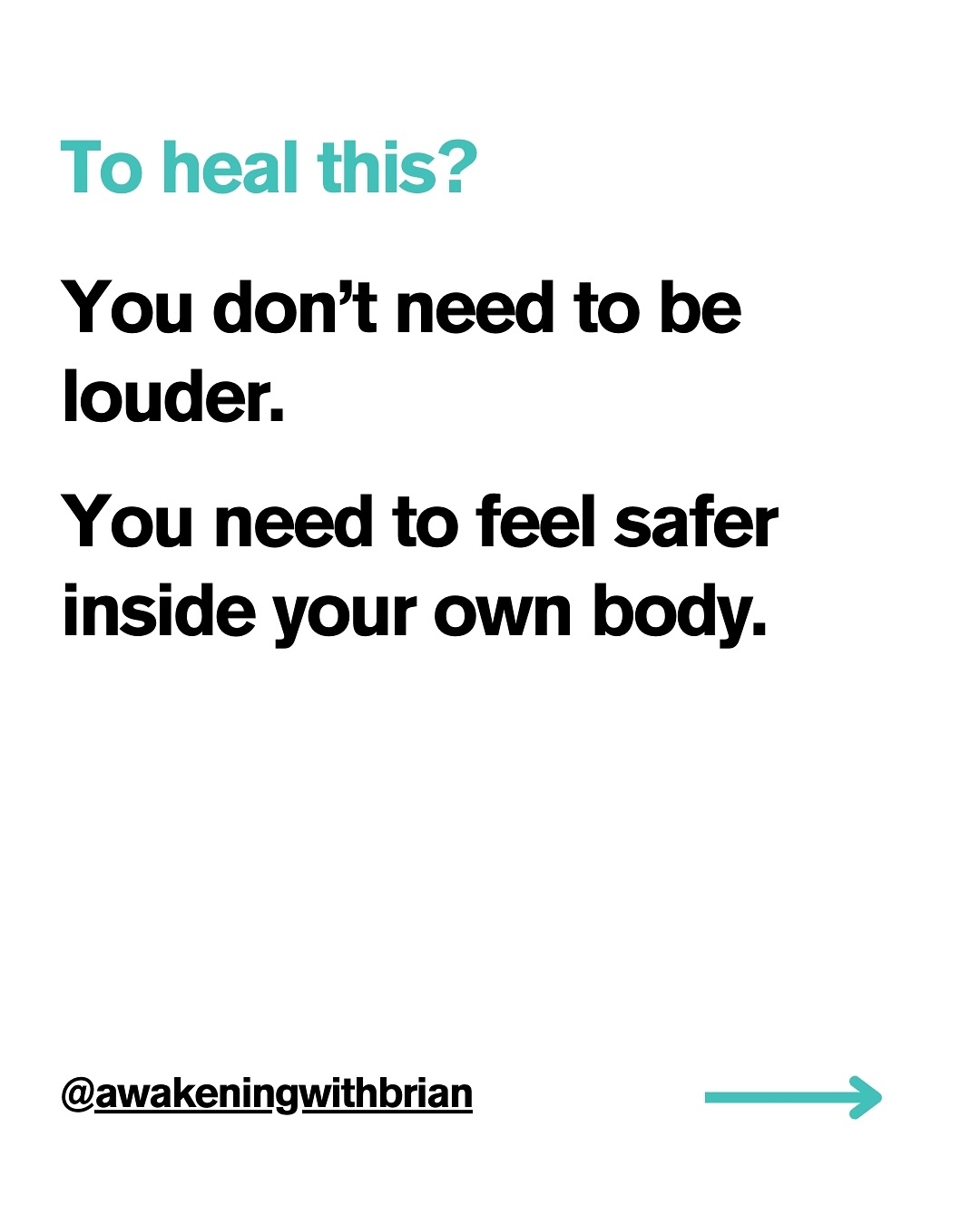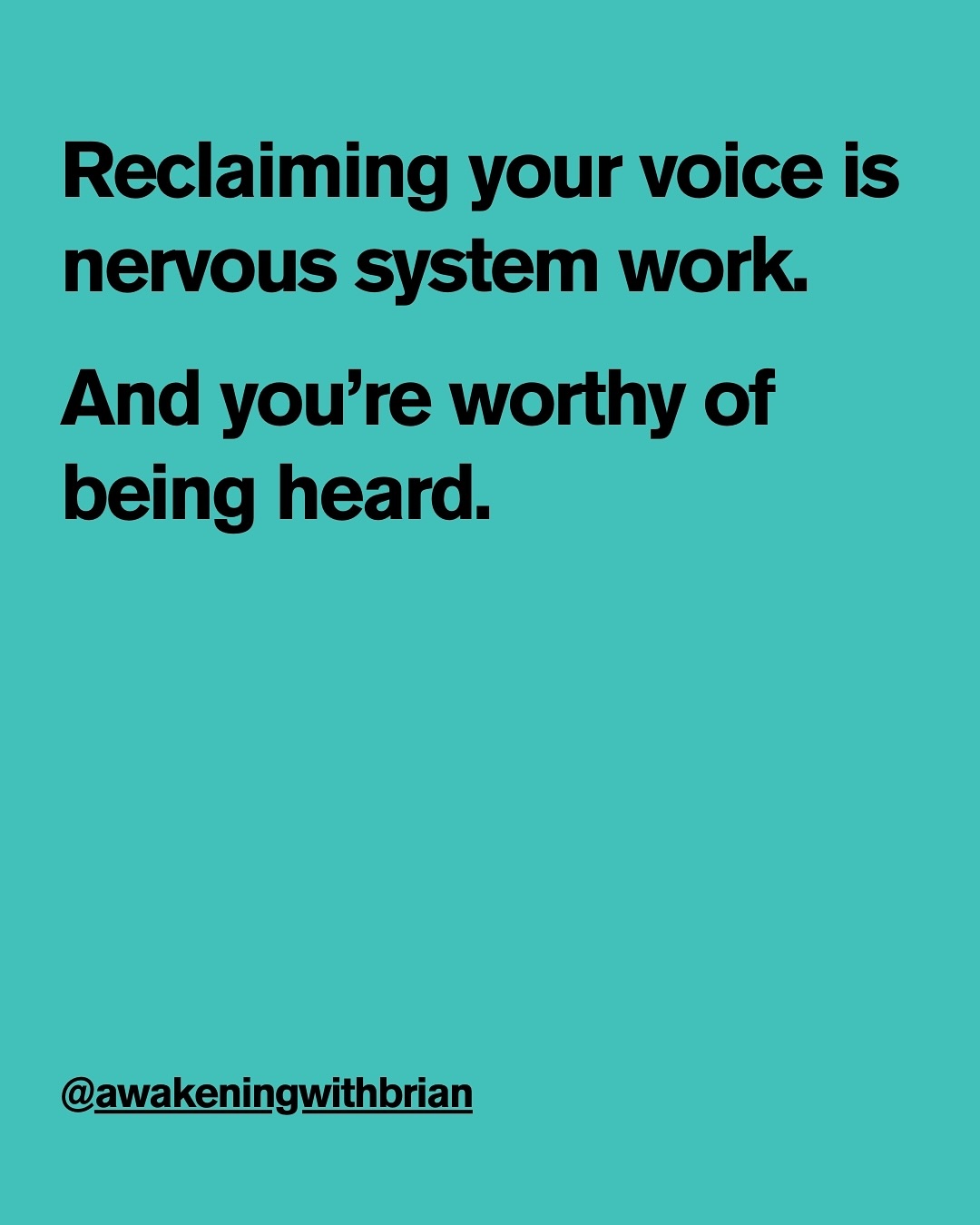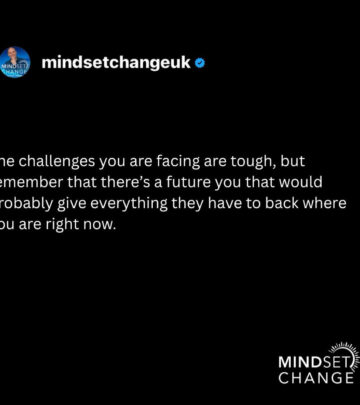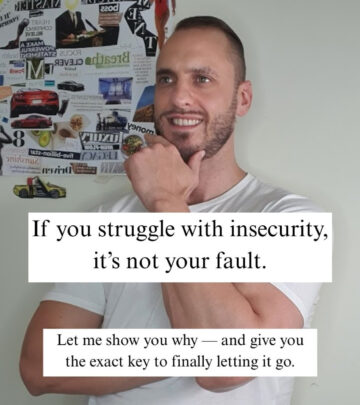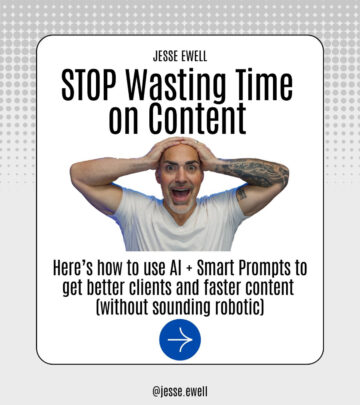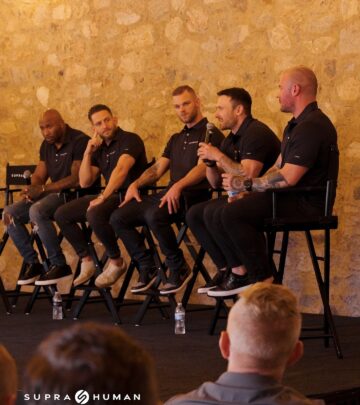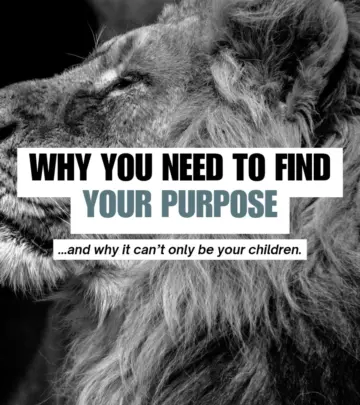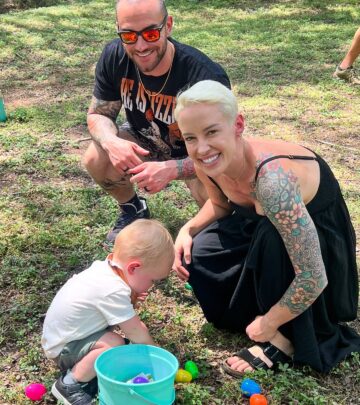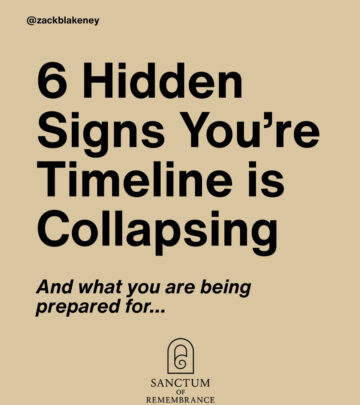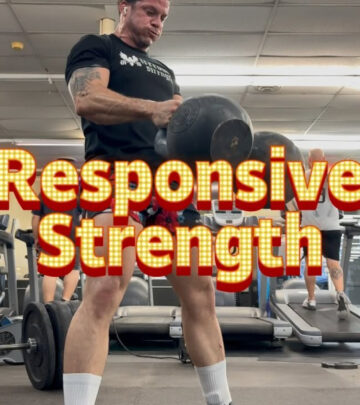Brian Yang Unleashes Powerful Wake-Up Call
Coach Brian Yang urges introspection and growth, inspiring healing beyond past patterns!!
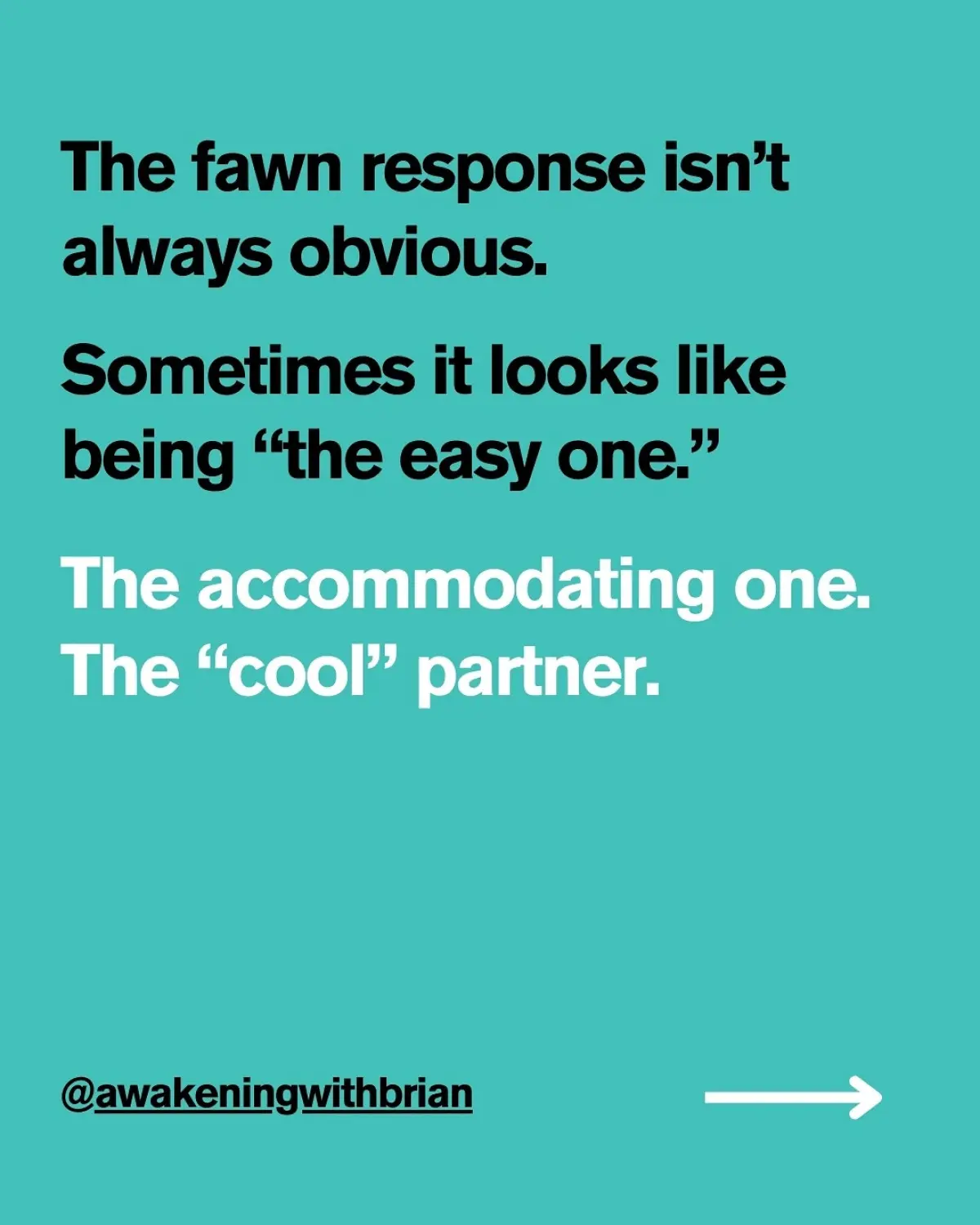
Image: Instagram
Brian Yang, the transformational coach behind the popular social media handle @awakeningwithbrian, is once again stirring deep reflection with his latest post. With the striking caption “Does this hit hard? How have you been “fawning?” #awakeningwithbrian”, Yang invites his followers to question habitual behaviors and look inward, challenging them to address how they respond to emotional triggers.
A Bold Call For Self Reflection
In today’s fast-paced digital era, it is rare to see a public figure ask such raw and unguarded questions. Brian Yang’s post stands out by cutting through the pretense often found on social media. In a world inundated with curated images and superficial engagements, Yang dares to probe at the emotional and psychological patterns ingrained over time. His question, “How have you been ‘fawning?’”, is more than a rhetorical flourish—it is an invitation to examine whether one’s actions stem from habitual subservience or a deeper need for validation.
Deep Healing Through Honest Questions
Yang’s approach is rooted in his personal journey of healing from childhood wounds and toxic relationships. Over the years, he has shared multiple posts that explore the intricacies of self-worth, vulnerability, and the arduous path to true emotional liberation. One of his earlier Instagram contributions encapsulated the struggle of conditioned responses. In that post, he reminded his audience that certain destructive patterns were not their fault but were learned behaviors ingrained over time. This continuity in his messaging reinforces his reputation as a coach who is not afraid to speak the truth about inner conflicts.
Drawing on his own history—from hiding in toilet stalls during school to trembling with anxiety while ordering food—Brian Yang has been candid about the experiences that forced him to confront a lifetime of unconscious wounding. His relentless quest for healing led him to explore various methods, including traditional therapies, coaching, retreats, and even unconventional approaches like psychedelics. Each step of this journey has culminated in a refined coaching system, which he refers to as “SIBS”. This system has now become a cornerstone of his transformative work, helping his clients break free from the cycles of past trauma.
Journey From Trauma To Transformation
At the heart of Yang’s message is the idea that healing is a process that requires both vulnerability and courage. His recent post does not focus on glorifying his achievements but rather on posing a question that shakes the foundation of how his followers perceive their emotional lives. By asking whether the impact of past experiences is still felt and if the act of fawning has become an everyday reflex, he nudges individuals toward a deeper self-assessment.
In his previous content, such as the thought-provoking post that asks, “Does this sound like you? It’s not your fault…”, Yang has consistently underscored the importance of understanding that the environment and relationships one grew up in can shape one’s emotional responses. He stresses that real love and fulfillment come from within, and that external validation can often mask the deeper issues that need to be healed. The candid, fragmented snapshots of his journey—ranging from reflections on anxiety in social settings to humorous anecdotes about his love for noodles (which his wife amusingly disapproves of when he slurps)—paint the picture of a man who is both deeply personal and profoundly relatable.
Social Media As A Mirror
Brian Yang’s work is not just about imparting wisdom; it is about using the medium of social media as a mirror for society. His posts, often accompanied by a series of reflective images, portray raw emotions that resonate with a diverse audience. The latest series of images—each capturing candid moments of introspection—serve as a visual extension of his verbal challenge. The photographs, though not dissected for their technical details, add an aesthetic depth to his message by showcasing genuine emotion, inviting viewers to pause and take stock of their inner lives.
Moreover, Yang often couples these reflective posts with interactive calls to action. A previous post queried, “Hit home? What should I post about next?”, effectively engaging his followers in a continuing dialogue about personal growth and the challenges of overcoming entrenched emotional habits. This engagement is central to his approach, as it converts a one-way broadcast of ideas into a communal therapeutic journey.
Brian Yang’s method of blending personal narrative with actionable insights has made him a beacon for those seeking change. His willingness to expose his vulnerabilities underscores his credibility and helps dismantle the stigma attached to mental health struggles. By consistently using his platform to highlight the path from trauma to self-realization, Yang redefines what it means to be a coach in today’s digital landscape.
Ultimately, his recent challenge—asking his followers if the question “hits hard”—serves as a potent reminder that healing is a continuous process. It encourages individuals to shed their conditioned responses and embrace the discomfort that comes with true introspection. The conversation elicited by Yang’s post fosters an environment where past patterns are acknowledged and then deliberately outgrown.
In a world where quick fixes are often valued over authentic transformation, Brian Yang’s friendly yet unflinching approach offers a refreshing antidote. His questioning is not an attack but a compassionate call for genuine change—a wake-up call that resonates deeply with anyone on the journey toward healing.
As viewers pause to reflect on their own lives, Yang’s post stands as both a mirror and a map, guiding them toward a future where healing is not only possible but inevitable. With every challenging question, he paves the way for a collective movement towards the kind of deep, transformative change that starts from within.
Read full bio of Joyce




